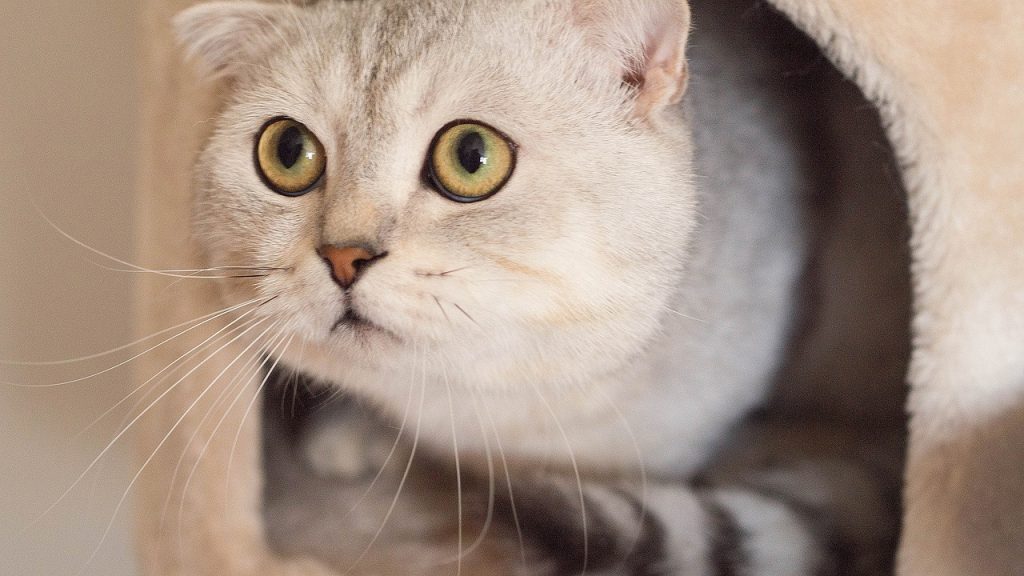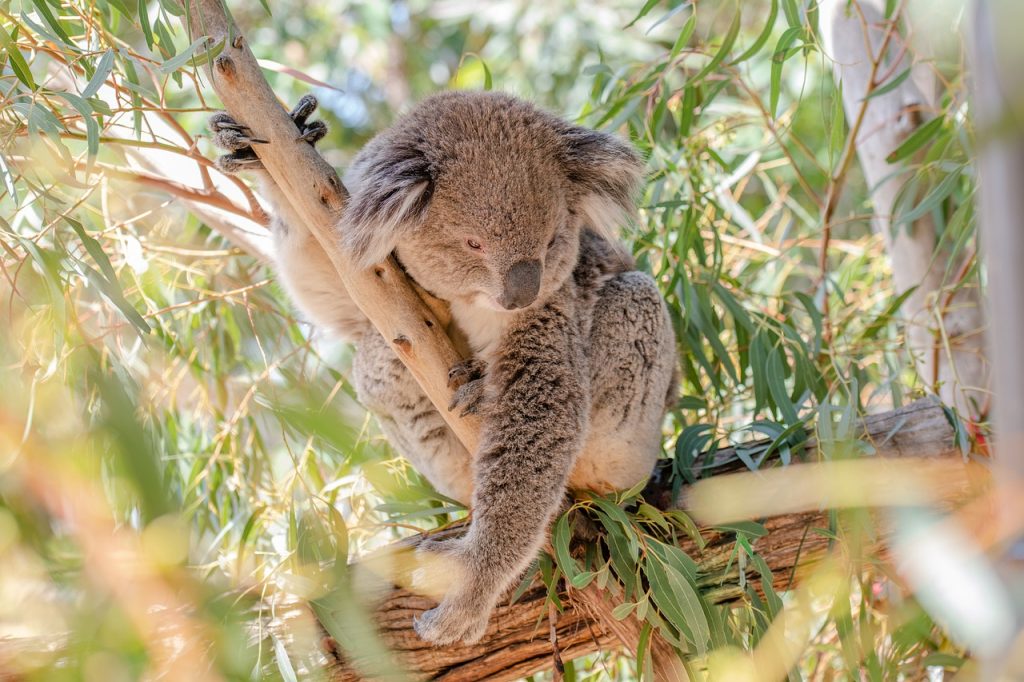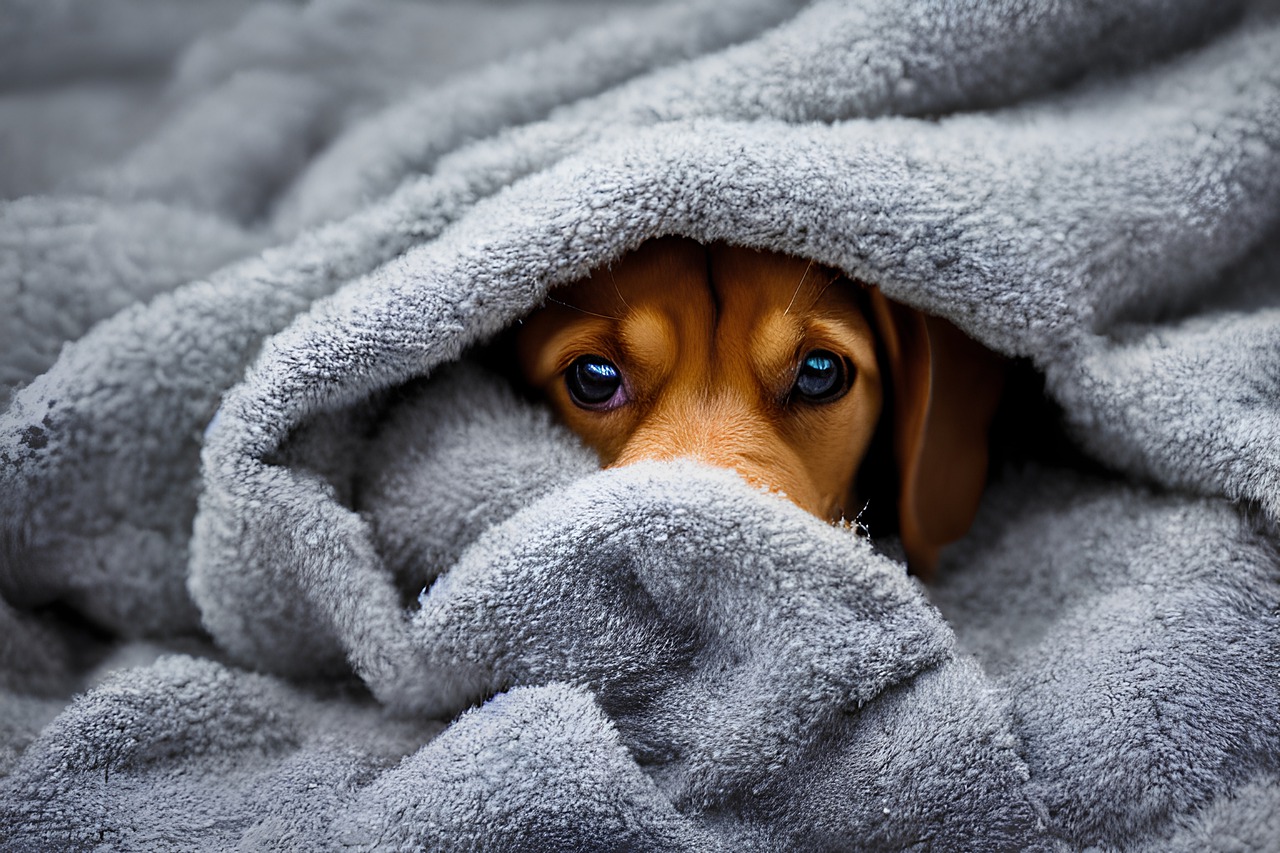I. Introduction
Our pets are more than just companions; they are cherished members of our families. As responsible pet owners, it’s our duty to ensure that our furry friends lead happy, healthy lives. One of the most essential aspects of their well-being is nutrition, and mealtime is a time of day where you can truly express your love for them.
II. Understanding Your Pet’s Nutritional Needs
As pet owners, we must understand that different pets have distinct nutritional needs. Whether you have a playful pup, a mischievous cat, or any other type of pet, their diet plays a pivotal role in their health and happiness.
III. The Role of Love in Pet Nutrition
It might sound unconventional, but love is an essential ingredient in your pet’s diet. The emotional connection you share with your pet can significantly impact their overall well-being. Happy pets tend to be healthier pets.
IV. High-Quality Food: The Foundation of Pet Nutrition
The foundation of a healthy diet for your pet lies in the food you choose to feed them. Quality matters, and not all pet foods are created equal. Let’s explore the key considerations when selecting pet food.

V. Portion Control and Feeding Schedule
Just like humans, pets can struggle with weight management. Portion control and a consistent feeding schedule are critical to ensure your pet maintains a healthy weight.
VI. The Impact of Treats and Snacks
Treats are a beloved part of pet life, but they must be given thoughtfully. We’ll delve into the role of treats in your pet’s diet and provide suggestions for healthy options.
VII. Water: The Unsung Hero of Pet Health
Water is often overlooked in pet nutrition discussions, yet it’s an unsung hero of pet health. We’ll discuss the importance of hydration and share tips on keeping your pet adequately hydrated.
VIII. Mealtime Rituals and Bonding
Transform mealtime into a bonding experience with your pet. Discover the magic of creating rituals that not only nourish your pet’s body but also their heart and soul.
IX. Homemade vs. Commercial Pet Food
The debate between homemade and commercial pet food is ongoing. We’ll weigh the pros and cons of each, providing guidelines for pet owners who opt for homemade meals.
X. Special Dietary Considerations
Pets with allergies, sensitivities, or medical conditions require special dietary considerations. We’ll provide guidance on navigating these complex dietary needs.
XI. The Role of Supplements
When are supplements necessary for your pet, and which ones are beneficial? We’ll answer these questions and provide recommendations for common pet supplements.
XII. Monitoring Your Pet’s Health
Regular vet check-ups are vital for your pet’s overall health. Learn how to keep an eye on your pet’s well-being through their diet.
XIII. Signs of a Happy and Healthy Pet
A happy pet is a healthy pet. We’ll discuss the physical and behavioral indicators of a well-nourished pet and how mealtime contributes to their happiness.
XIV. Conclusion
In the world of pet care, mealtime magic is about more than just nutrition. It’s an expression of love and an opportunity to enhance the bond with your pet. Remember that the key to nourishing your pet with love lies in balanced nutrition, portion control, and the emotional connection you share with them.

XV. Frequently Asked Questions
- What is the best way to transition my pet to a new diet?Transitioning your pet to a new diet should be done gradually, mixing the new food with their current food over about a week.
- Can I feed my pet human food, like leftovers from my meals?While some human foods are safe for pets, not all are. It’s essential to know which foods are safe and which can be harmful to your pet.
- How can I tell if my pet has food allergies or sensitivities?Watch for symptoms such as itching, digestive issues, or skin problems. Consult your vet for a proper diagnosis.
- Is it necessary to give my pet supplements, even if they are on a balanced diet?In most cases, a balanced diet provides all the necessary nutrients. However, consult your vet for advice on specific supplements if needed.
- What should I do if my pet is a picky eater and refuses to eat their food?Consult your vet to rule out any underlying health issues. Sometimes, a change in diet or a little creativity with meal presentation can help.







